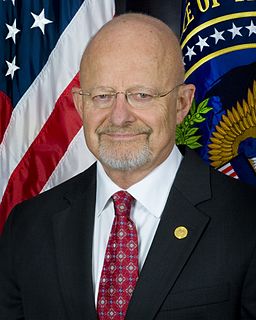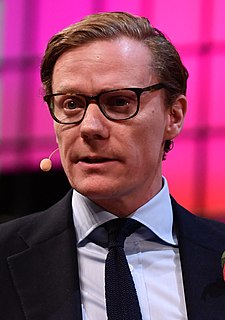A Quote by David Harvey
Neoliberalization has not been very effective in revitalizing global capital accumulation, but it has succeeded remarkably well in restoring, or in some instances (as in Russia and China) creating, the power of an economic elite. The theoretical utopianism of neoliberal argument has, I conclude, primarily worked as a system of justification and legitimation for whatever needed to be done to achieve this goal.
Related Quotes
I don't want to overvalue Donald Trump as some historical rupture, and to admit that I do think Trump is an indication of a fairly profound change. But the change started a while ago, and it has taken a while to appear. Global capital, particularly western capital, has been in decline since the late 60s and early 70s. The softness appeared in the 60s, the profit rate fell off the table in 1972 - 73, and there have been very uneven recoveries. This has been an ongoing weakening of the productive economy of accumulation at a global scale, of capital's capacity to expand.
The concept of unlimited expansion that alone can fulfill the hope for unlimited accumulation of capital, and brings about the aimless accumulation of power, makes the foundation of new political bodies - which up to the era of imperialism always had been the upshot of conquest - well-nigh impossible.
The China of the 1970s was a communist dictatorship. The China of the twenty-first century is a one-party state without a firm ideological foundation, more similar to Mexico under the PRI than Russia under Stalin. But the measurement of the political and the economic evolution has not yet been completed, and is one of the weak points of the system.
For some reason which I have failed to understand, many people like the system [scientific totalitarianism] when it is Russian but disliked the very same system when it was German. I am compelled to think that this is due to the power of labels; these people like whatever is labelled ‘Left’ without examining whether the label has any justification.
China has seen a great deal of economic progress. It's certainly rather of a miracle. The growing role of the market in the economy will force China to open up its political system over time and to move toward a more democratic society. So taken as a whole, the one real failure in this whole business has been Russia.
The great goal of the backlash is to nurture a cultural class war, and the first step in doing so, as we have seen, is to deny the economic basis of social class. After all, you can hardly deride liberals as society's "elite" or present the GOP as the party of the common man if you acknowledge the existence of the corporate world - the power that creates the nation's real elite, that dominates its real class system, and that wields the Republican Party as its personal political sidearm.
By creating a prosecutor who is overseen over by a court, they are melding executive and judicial power in a way that can lead to terrible abuses - as the founders of America understood full well. It's why they created a system of separated powers - to set up a constitutional mechanism that would enhance freedom, by making sure that no one's accumulation of power could predominate over [that of] others.
I have been observing China for more than 30 years and am impressed how logically and wisely it tackles its problems. Obviously the international system could be unbalanced by China's rising power - if we don't prepare ourselves for the new competitive situation, that is. But it is an economic challenge, not aggression on the level of Hitler.
The Russians succeeded, I believe, beyond their wildest expectations. Their first objective in the election was to sow discontent, discord, and disruption in our political life, and they have succeeded to a fare-thee-well. They have accelerated, amplified the polarization and the divisiveness in this country and they've undermined our democratic system. They wanted to create doubt in the minds of the public about our government and about our system; and they succeeded to a fare-thee-well. They've been emboldened and they will continue to do this.




































